Scientists Issue Warning After Making Disturbing Discovery Inside Mussels
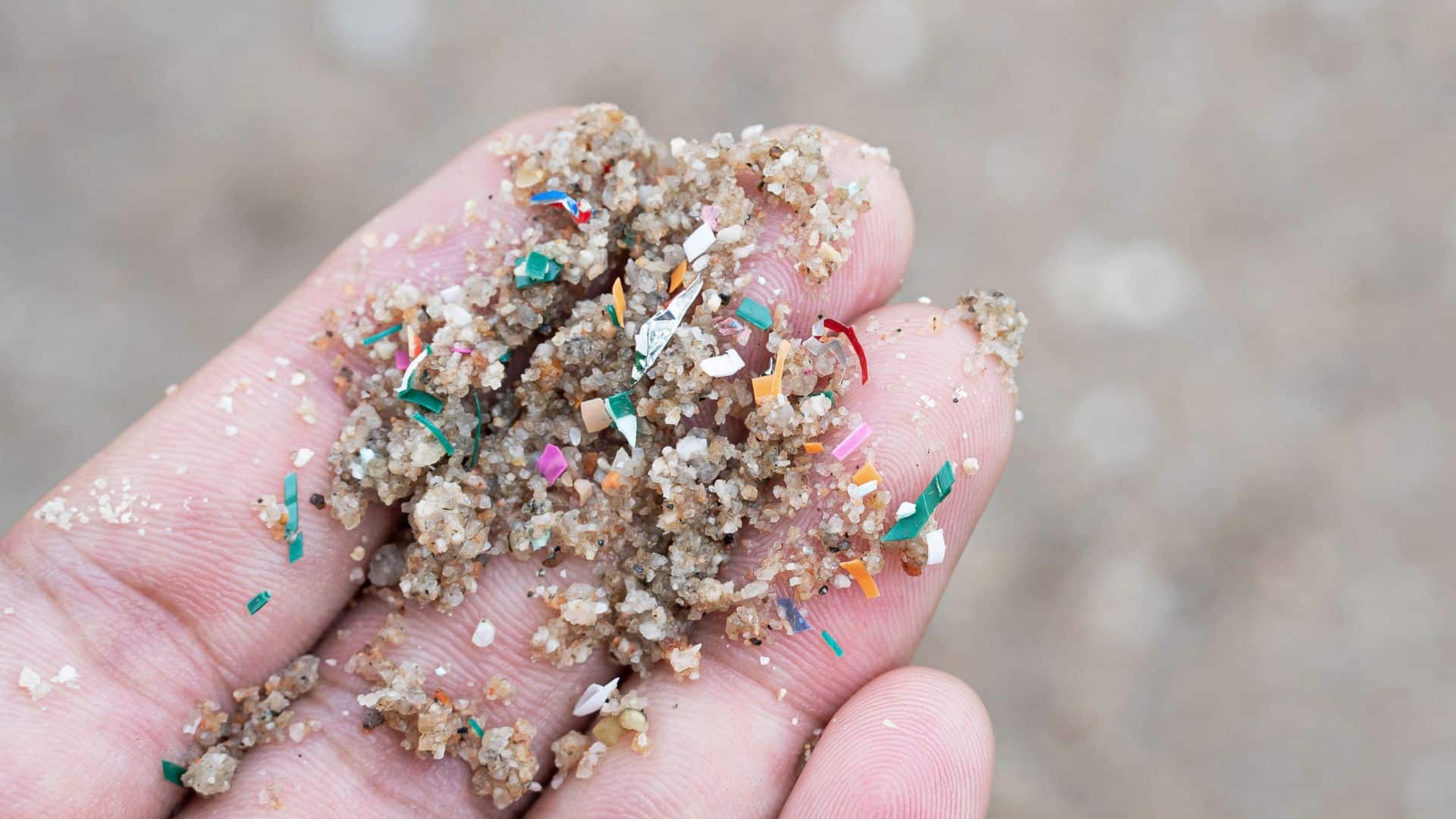

The humble mussel, often praised as both a delicacy and a sustainable food choice, has come under scrutiny after scientists uncovered a troubling reality. Beneath their shells, these creatures are absorbing tiny fragments of plastic that cannot be seen with the naked eye. This issue is no longer just about ocean pollution; it’s about what ends up on our plates.
A Hidden Passenger in Seafood
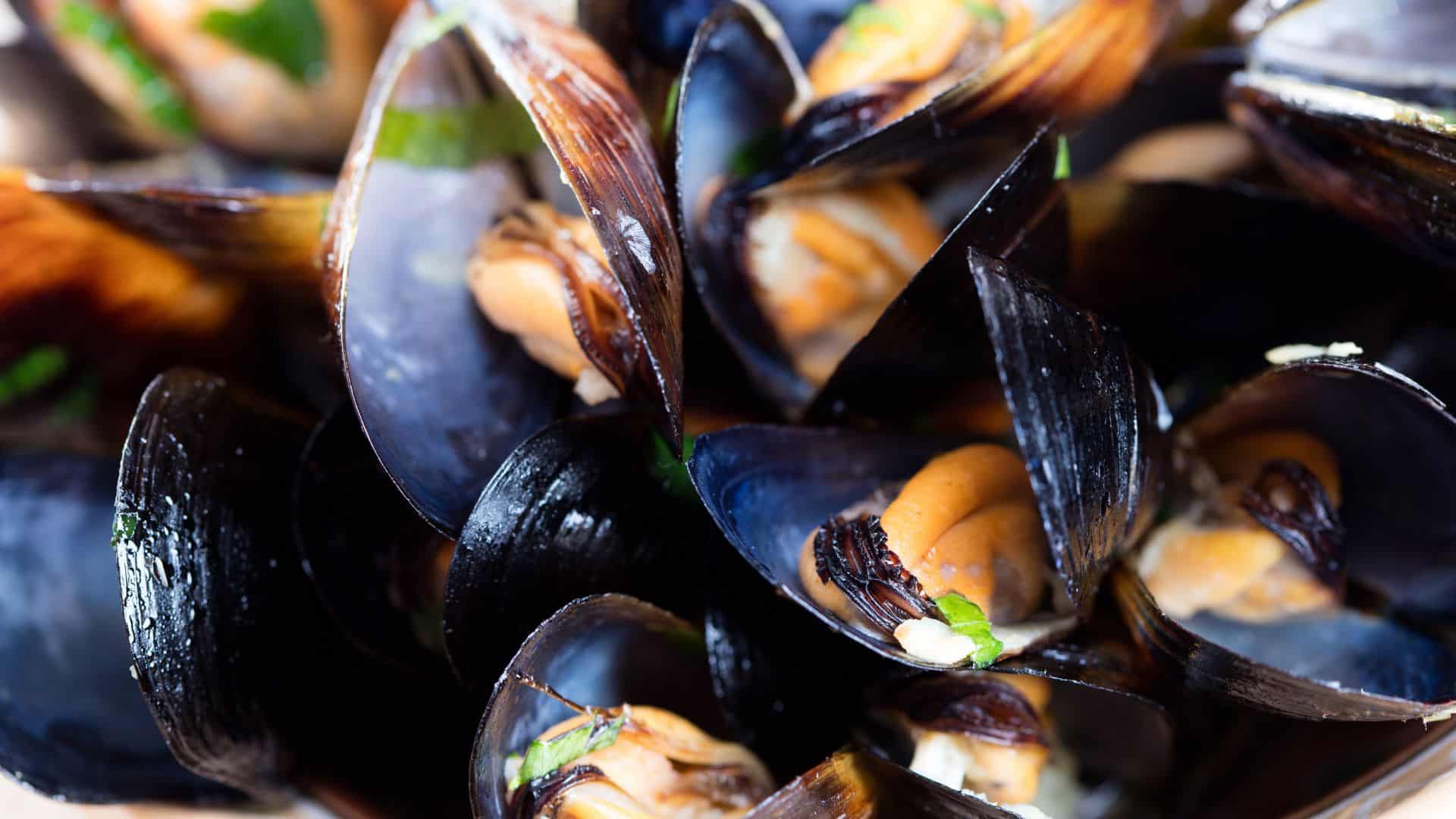
Researchers have revealed that mussels, along with other filter-feeding shellfish, are ingesting nanoplastics, particles even smaller than microplastics. These fragments are so minute that they pass through water undetected, but their presence inside edible marine species raises growing concerns for both ecosystems and human health.
The Scale of Ocean Pollution
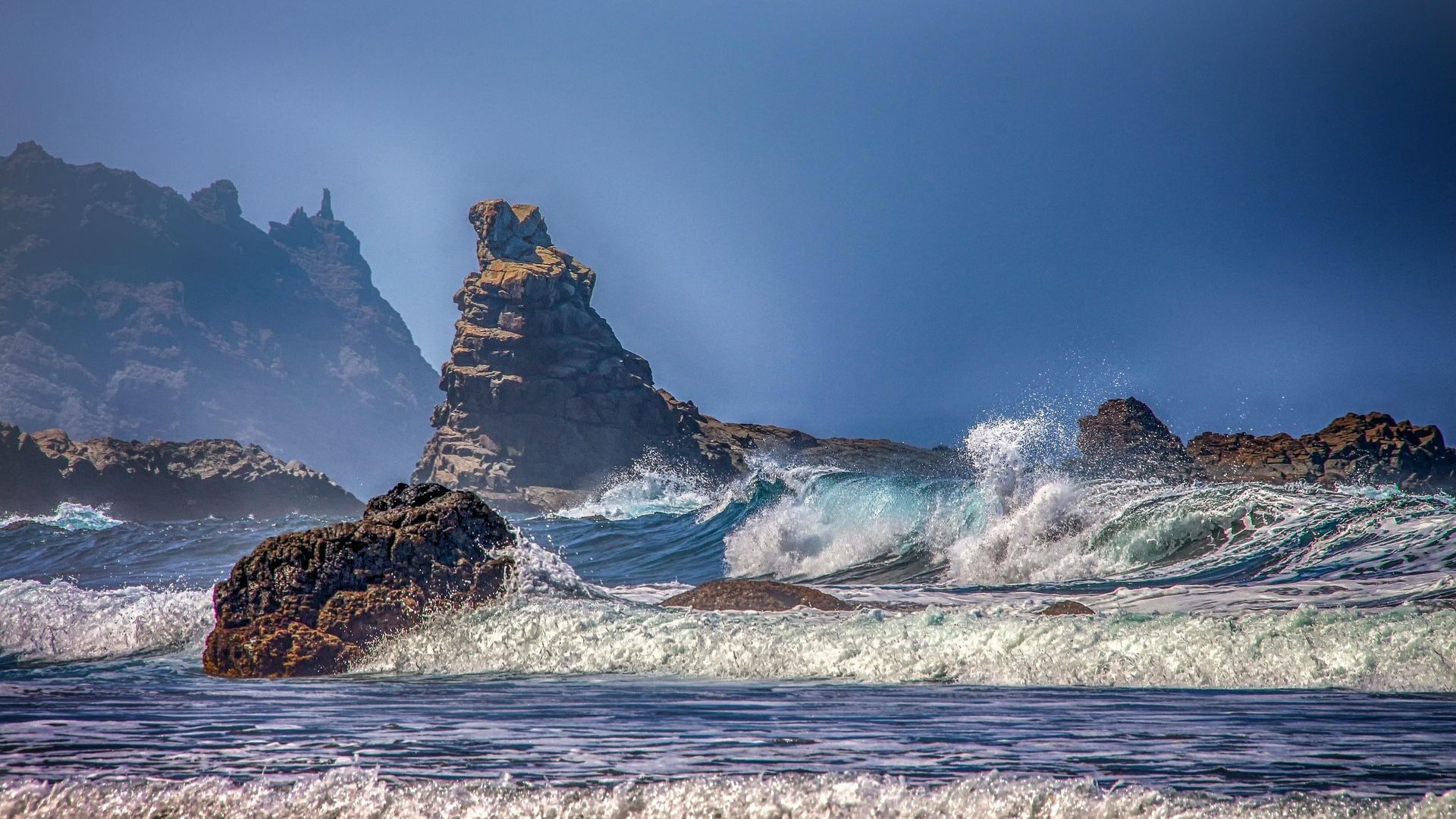
A recent study published in Nature estimated that the North Atlantic alone contains nearly 27 million tonnes of plastic particles. Much of this accumulation occurs along continental shelves, precisely where Europe’s mussel farms thrive. The overlap of pollution and aquaculture zones makes the problem especially difficult to avoid.
Why Mussels Are Vulnerable

Unlike many other farmed foods, mussels don’t need feeding or antibiotics; they simply filter seawater to survive. While this makes them eco-friendly and efficient, it also exposes them directly to contaminants suspended in their environment. Every gallon of water filtered could carry hidden plastic debris.
From Ocean to Plate
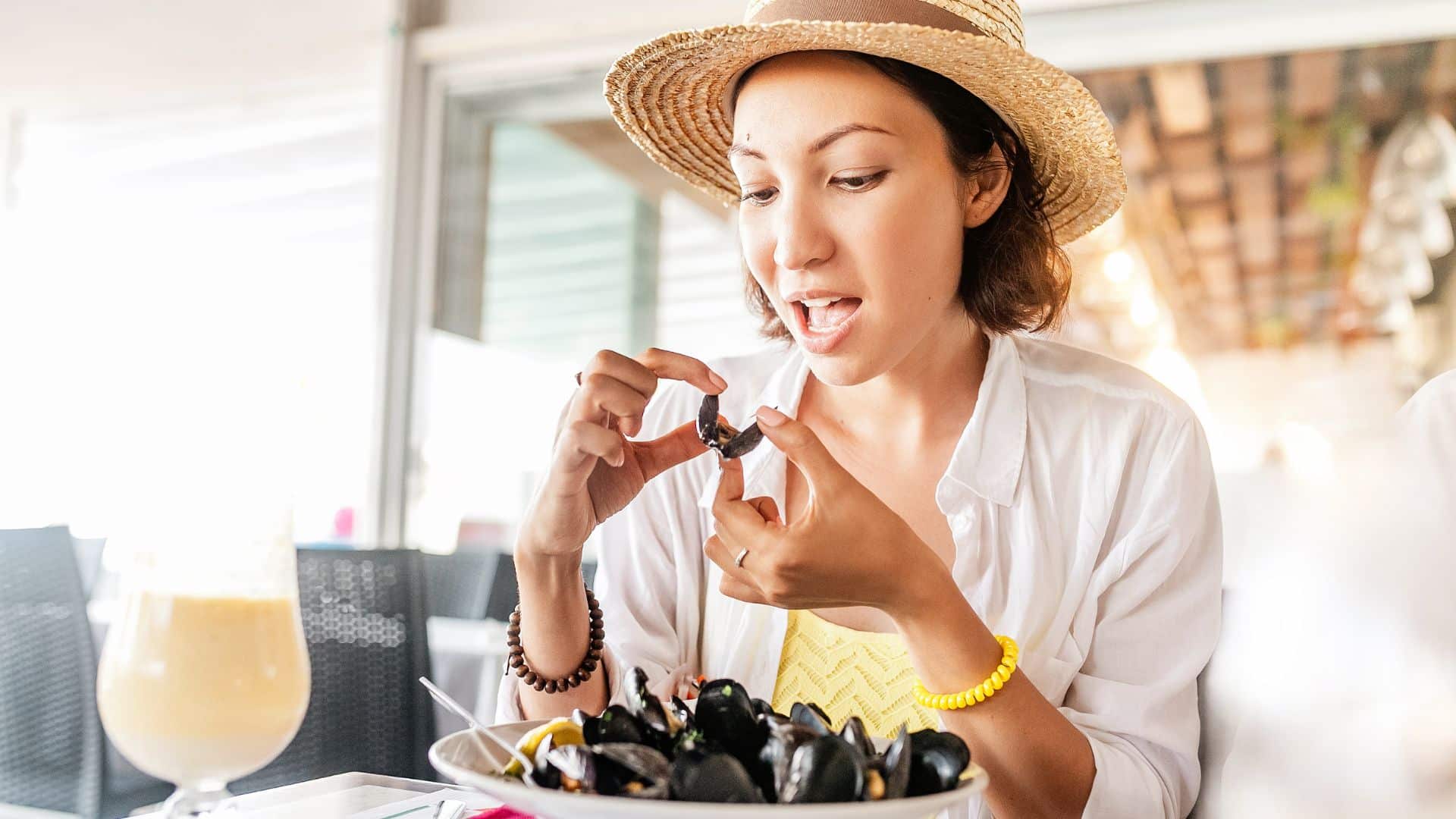
When people consume mussels, they eat the entire animal. That means any nanoplastics absorbed during the mussels’ filtering process are transferred straight into the human diet. Unlike fish, where organs can be removed, mussels are eaten whole, leaving no barrier between pollutants and consumers.
Health Risks Still Unfolding
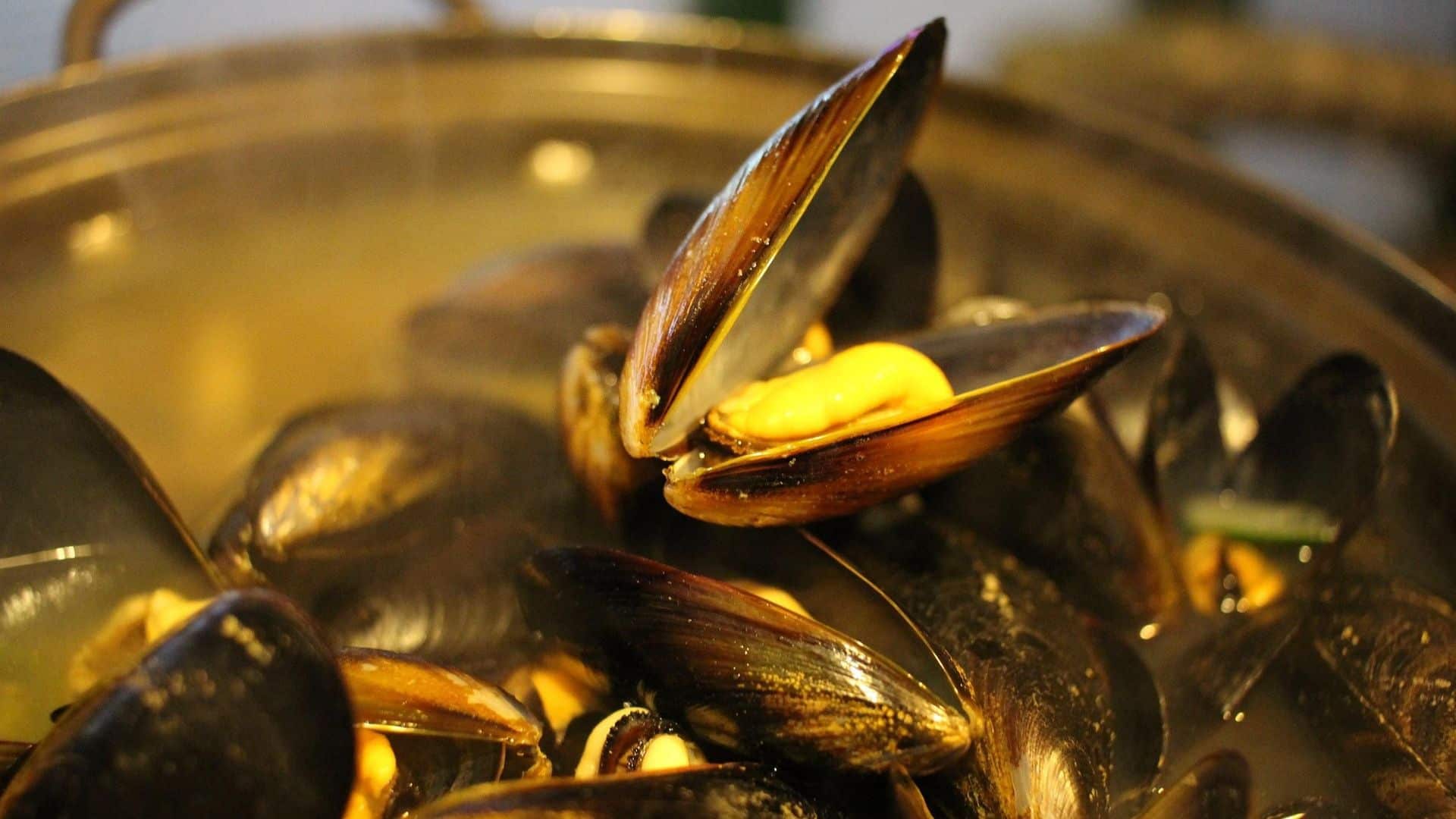
Scientists warn that the combination of different pollutants, sometimes called a “cocktail effect”, could intensify toxicity levels. Research from the European Commission suggests that the interactions among multiple contaminants may magnify health risks, though the full impact on humans remains under study.
A Food Once Seen as a Climate Ally
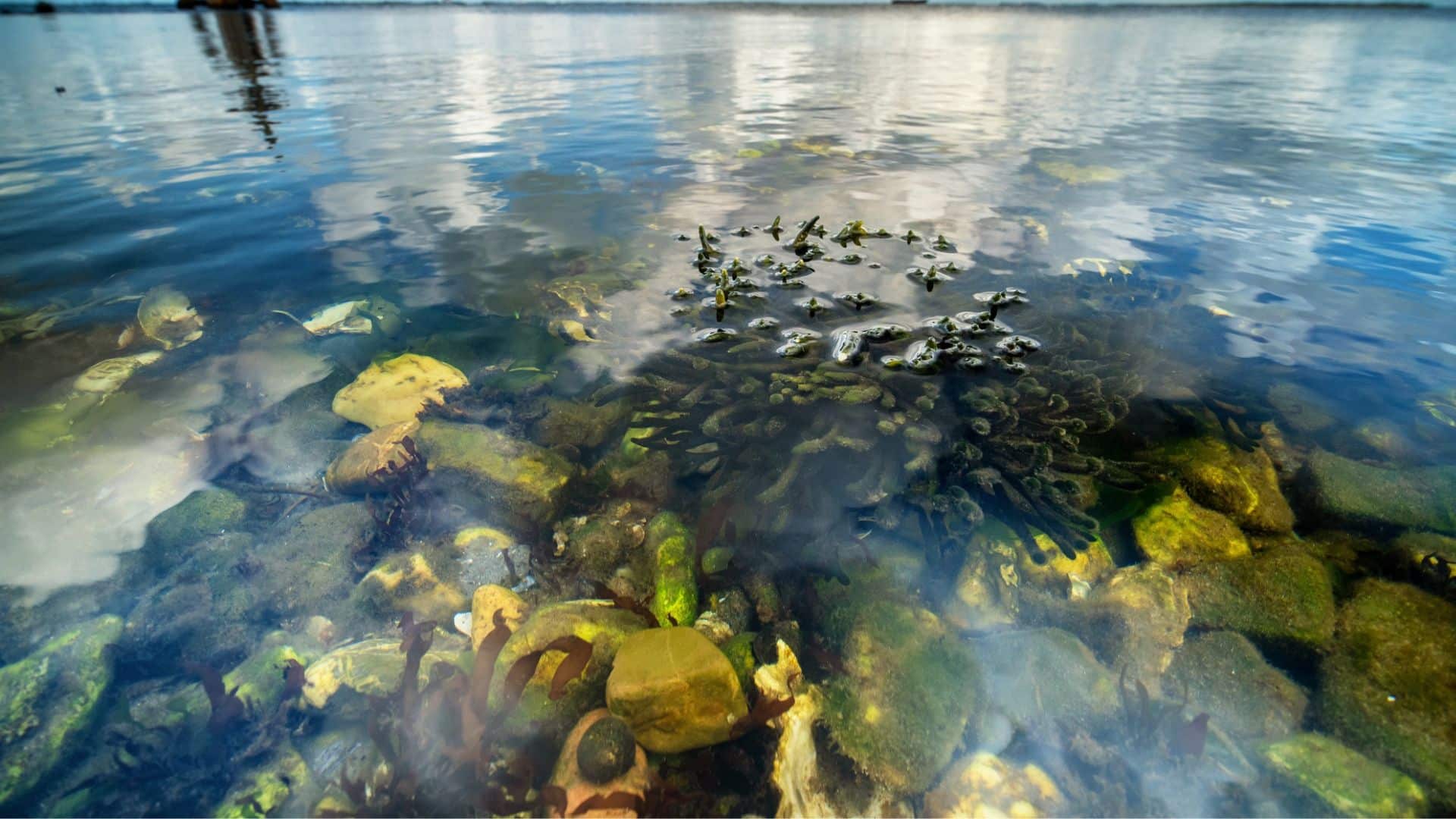
Mussels have long been considered champions of sustainable eating. They help clean marine environments and provide a low-impact source of protein. Yet this new discovery complicates their image. Their role as natural filters, once celebrated, now highlights their vulnerability to pollution.
Signs of Decline in Key Regions

In Spain, once a leader in mussel production, reports describe a “catastrophic” decline in populations. Experts attribute this partly to environmental pressures, including the rise of microplastics and nanoplastics. The economic and cultural consequences of such losses are significant, given mussels’ importance to coastal communities.
Innovations to Capture Plastics

Hope lies in scientific progress. Researchers are testing creative solutions, such as devices that monitor and measure river pollution more accurately, or advanced materials capable of trapping microplastics. Among these are magnetic frameworks that can remove contaminants from drinks and agricultural water.
Everyday Choices Matter Too
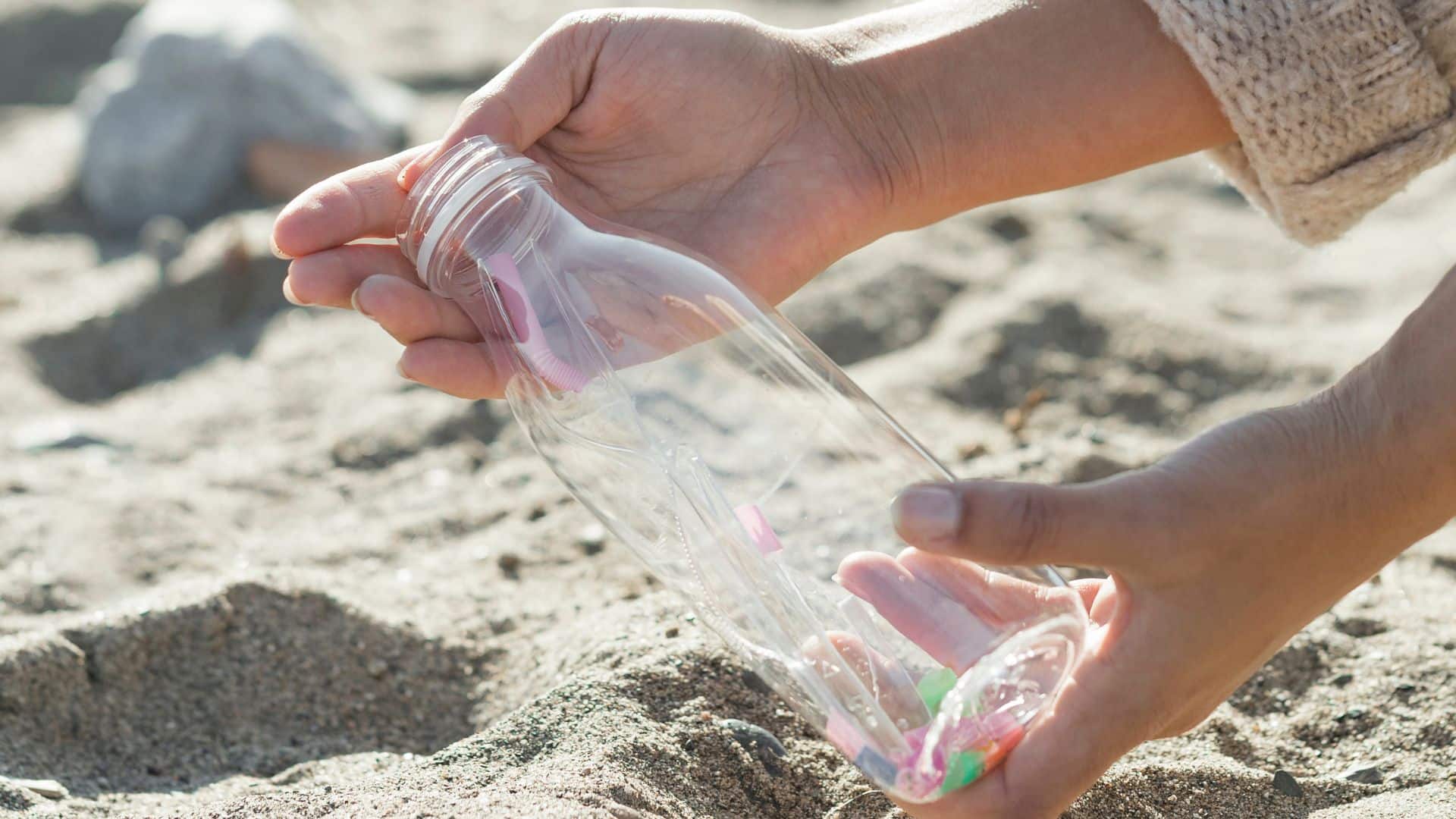
Technology alone will not solve the crisis. Reducing single-use plastics, choosing reusable alternatives, and recycling responsibly are small actions individuals can take to limit the flow of waste into oceans. While the scale of the issue is global, collective habits at home form a crucial part of the solution.
Turning Waste Into Allies
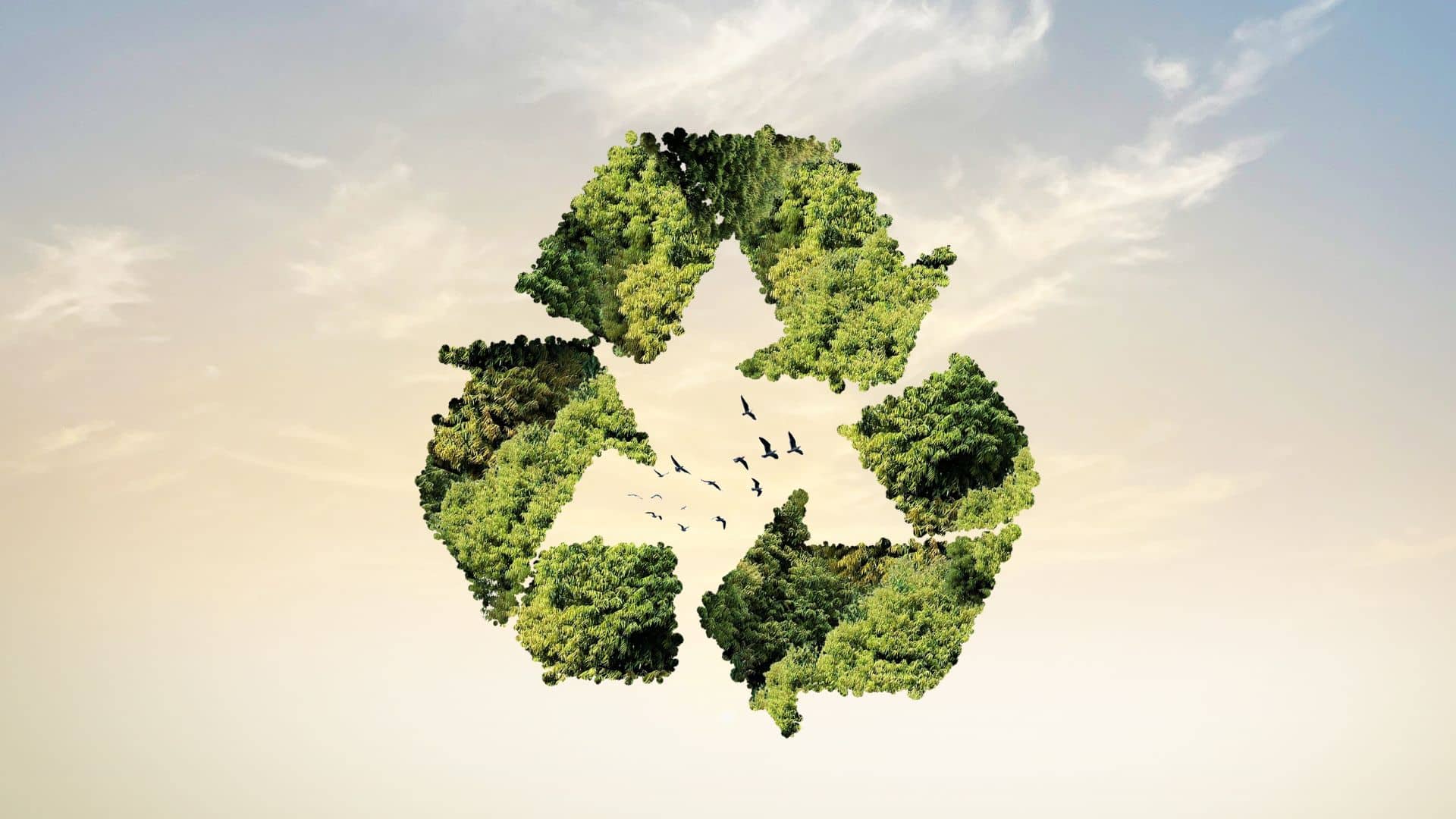
One promising development comes from transforming everyday materials into tools against pollution. Scientists have discovered that egg whites can be converted into a filtering substance effective against microplastics. Similarly, biochar produced from agricultural waste, may help lower plastic levels in soil and farming environments.
